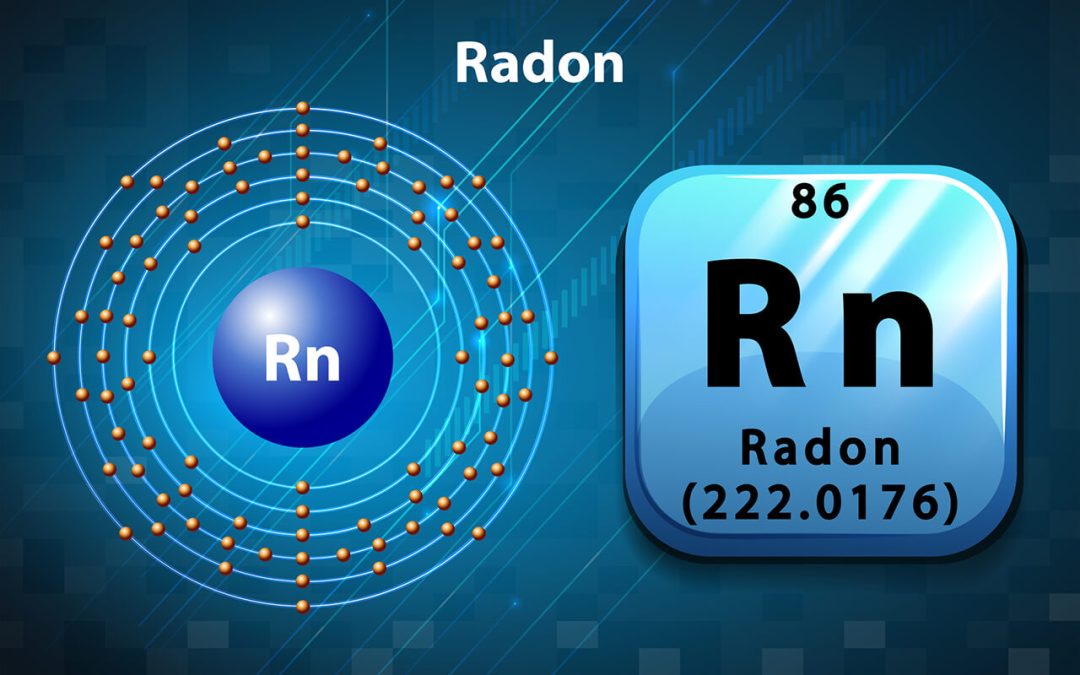Radon is a radioactive gas naturally present in the earth’s crust. It is formed from the decay of uranium and is found in soil, rocks, and water. Radon is invisible, odorless, and tasteless, which makes it impossible to detect without specialized equipment. Unfortunately, radon is also a carcinogen; it is the second leading cause of lung cancer after smoking and is estimated to be responsible for thousands of deaths yearly. Here are some things you should know about radon in the home.
How Does Radon Get into a Home?
Radon is a byproduct of the breakdown of uranium. It seeps up through the soil and can enter a building through cracks in the foundation, walls, or floors, and it can accumulate to dangerous levels. Radon levels are usually highest on the lowest level of a home; however, the gas can build up and circulate throughout the house.
Testing for Radon
Testing for radon is relatively easy and inexpensive. You can purchase a do-it-yourself radon testing kit from a hardware store or online. The kit will include instructions for setting up the test and sending it to a lab for analysis. Alternatively, you might hire a professional to test your home. They use specialized equipment to measure the levels of the gas in your living spaces. For best results, hire a pro. They understand how to administer the test and know how to interpret the results.
What Can I Do if Radon Levels in my Home are Elevated?
If your home has high levels of radon, there are several steps to reduce your exposure. One option is to install a radon mitigation system. A professional will design a system of pipes and fans to vent the gas outside. Additionally, seal the cracks and gaps in your home’s foundation, walls, and floors to prevent radon from entering in the first place.
It is important to note that radon exposure is a serious health risk and should not be taken lightly. If you are buying or selling a home, have it tested before making a decision.
Radon is a dangerous gas that can be present in your home without your knowledge. Testing for it is easy and inexpensive and is the only way to know if your home has high levels of radon. If your home has elevated levels of the gas, there are steps you can take to reduce your exposure and protect your health.
I Spy Inspectors offers home inspections and radon testing to homebuyers and sellers in Wisconsin. Contact us to request our services.

